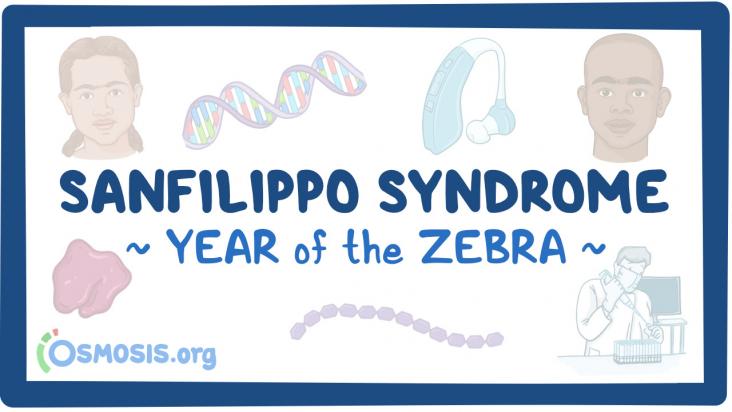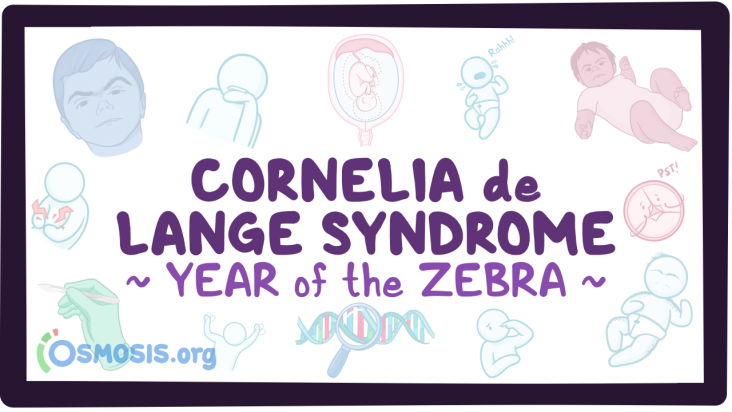
International Day of Yoga 2024: A Confluence of Yoga and Sustainable Development Goals (SDGs)
It is time for governments and investors to prioritise health and care workforce investments as a foundation of our future health and prosperity. We can and must. Urgently.
This content aligns with Goal 3: Good Health and Wellbeing and Goal 10: Reduced Inequalities by providing coverage of neural prosthetics (NPs) to restore lost limb function due to neural damage.
This content aligns with Goal 3: Good Health and Wellbeing and Goal 10: Reduced Inequalities by providing an overview of low vision as well as defining concepts such as low vision, disorder, impairment, activity limitation, or participation restriction.
This Article supports Sustainable Development Goal 3 by estimating the prevalence of dementia in people aged 60 years and older in Bangladesh, finding an overall prevalence of 8%, and identifying positive associations between dementia prevalence and female sex, advanced age, and lower education levels.
This insight asserts the right of someone who has had an episode of mental illness to return to their previous employment

This article relates to SDG 3. This resource, created together by Osmosis and the National Organization for Rare Diseases (NORD), aims to increase the knowledge and awareness about Rare Disease Education: Sanfilippo Syndrome

This article relates to SDG 3. ThCornelia de Lange Syndromeis resource, created together by Osmosis and the National Organization for Rare Diseases (NORD), aims to increase the knowledge and awareness about Rare Disease Education: Cornelia de Lange Syndrome
The commentary offers a proposal to aid the meaningful contribution of all voices in youth mental health research.
The article emphasizes the importance of providing training and supporting resources alongside open science initiatives to enhance accessibility and reduce barriers in the field. It suggests that these educational resources should be customized to cater to diverse user profiles, including neuroscientists, computational scientists, and educators.
